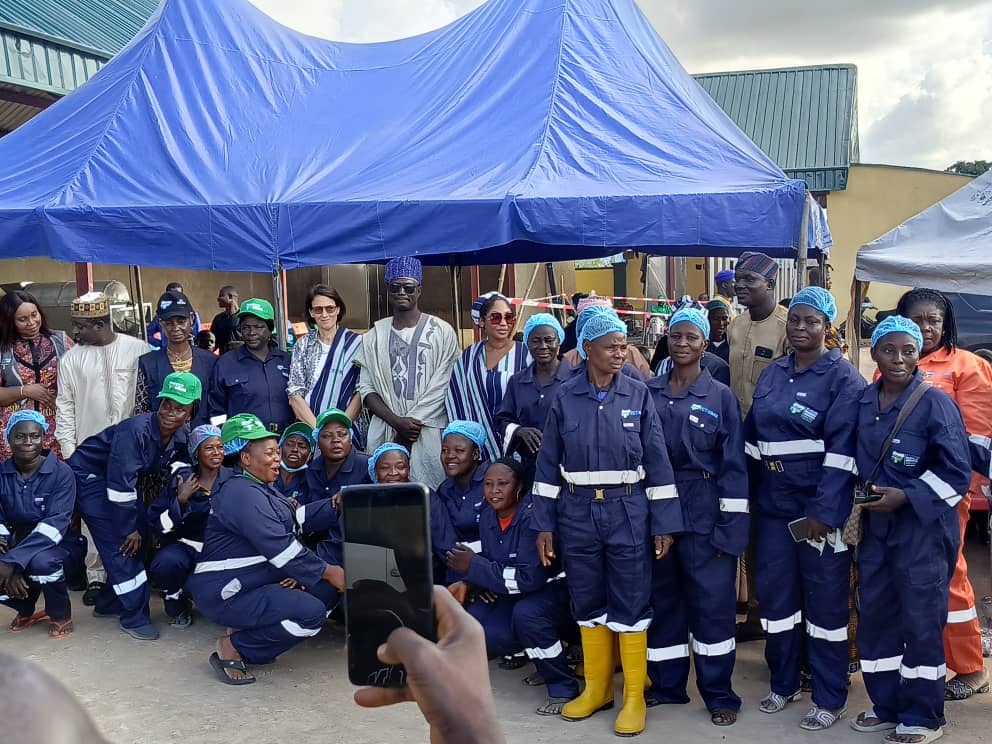FCT Showcases Success in Kwali
The World Bank has hailed the Agro-Climatic Resilience in Semi-Arid Landscapes (ACReSAL) project as one of Nigeria’s most successful interventions, describing its impact on agriculture, livelihoods, and environmental restoration as a model for development.
Speaking during a visit to the palace of the Etsu of Kwali on Thursday, the Bank’s Practice Manager for Environment in West Africa and the Sahel, Ellysa Baroudy, expressed delight at the project’s achievements in reversing land degradation, boosting food production, and improving rural incomes.“It is always difficult to implement a program, but ACReSAL has succeeded in Nigeria. I was touched by the women’s voices and how this project has changed livelihoods. Seeing before and after photos of the landscape and the reduction in gullies shows the tremendous work that has been done,” Baroudy said.
She added: “We don’t always have successful projects, but this is one. You knew how to deploy the resources to make a real difference in people’s lives. I am truly touched by your efforts and the amazing welcome.”The FCT Mandate Secretary for Agriculture and Rural Development, Comrade Abdullahi Suleiman Ango, described ACReSAL as a “game-changer,” noting that it is addressing the challenges of urbanization, population growth, and declining agricultural productivity.“Through the provision of free machinery, farm inputs, solar-powered boreholes, and the Community Revolving Fund, farmers are now producing more food, raising incomes, and improving their quality of life,” Ango said.
He assured that the FCT Administration would continue to support the project, while commending the role of the Minister of State for FCT and technical committees in ensuring effective oversight.In his remarks, the Etsu of Kwali, Alhaji Luka Nizassan III, pledged traditional rulers’ support for sustaining ACReSAL.“We don’t just want to be part of the project; we want to own it. That will make it sustainable. We want you to return even after the programme ends and see that it is working even better,” the monarch said.
Task Team Leader, Dr. Joy Iganya Agene, emphasized that the project’s success rests on strong community participation, good governance structures, and the active involvement of traditional leaders.
She described Kwali as “the heartbeat of ACReSAL interventions” and a model for resilience and sustainability.“Engaging communities, particularly women and youths, is creating ownership and building a culture of sustainability. That is the true measure of success,” Dr. Agene said, adding that ACReSAL is not just about tackling environmental degradation but also about driving food security, economic growth, and climate resilience.
Earlier, FCT ACReSAL Project Coordinator, Mrs. Caroline Opara, noted that the gains recorded in Kwali were due largely to community ownership and traditional leadership support.
The review meeting brought together senior World Bank officials, the Federal Project Management Unit, and FCT leaders to consolidate progress and strengthen collaboration for environmental sustainability and agricultural resilience.

